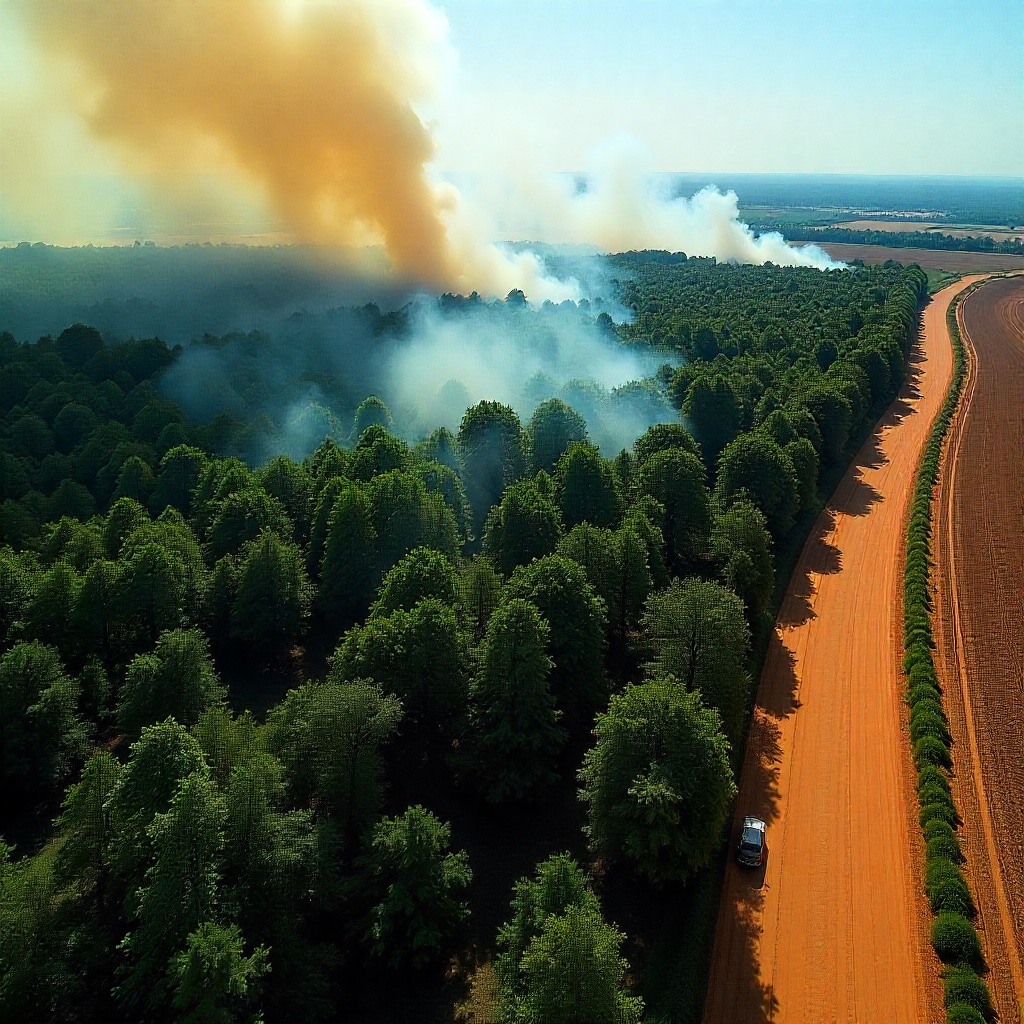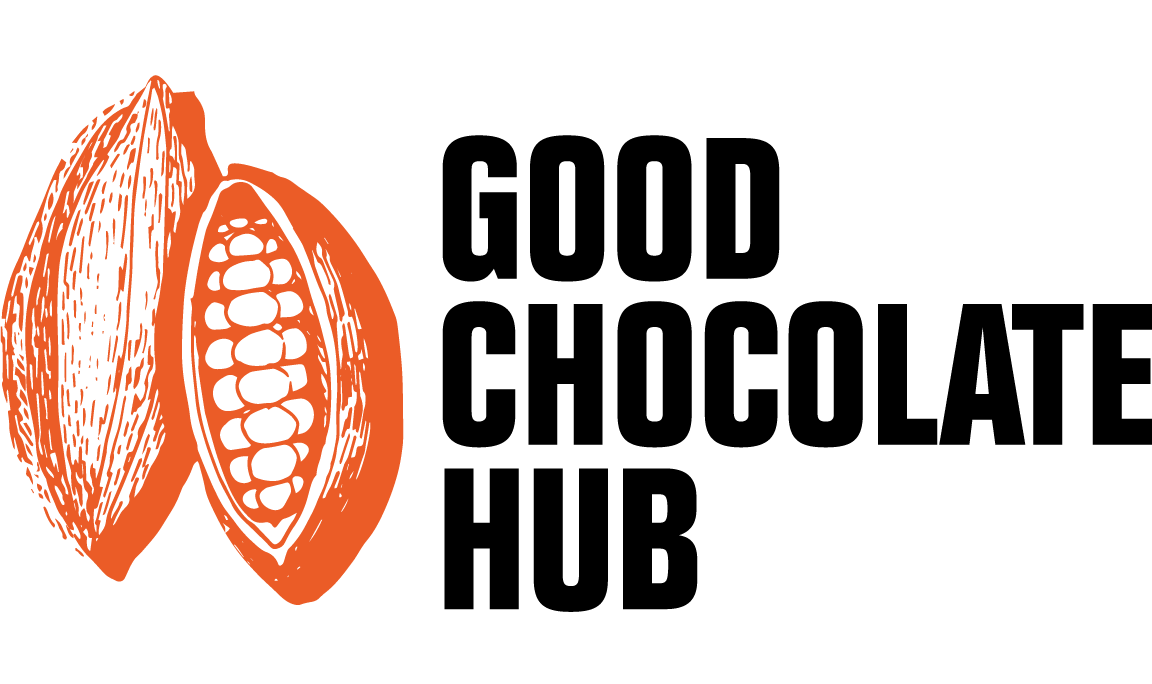
Deforestation is a major environmental challenge closely linked to cocoa production, especially in West Africa, where Côte d’Ivoire and Ghana produce nearly 70% of the world’s cocoa.
Between 1988 and 2008, cocoa-related deforestation led to the loss of 2 to 3 million hectares of forest globally. In Côte d’Ivoire, 94% of forest cover was lost between 1990 and 2015, with at least one-third directly attributed to cocoa farming. This deforestation results primarily from the expansion of cocoa plantations through slash-and-burn clearing, driven by high global demand, declining productivity of aging farms, and economic incentives to clear new forest land.
The consequences are severe, including extensive loss of biodiversity, increased greenhouse gas emissions, soil erosion and degradation, and disruption of local and regional ecosystems. Social challenges compound the environmental issues, as many of the 5 to 6 million smallholder cocoa farmers live in poverty without a living wage, and labour abuses remain widespread.
In response, Europe has introduced regulations, such as the European Union Deforestation Regulation (EUDR), which requires cocoa importers to prove that their cocoa has not contributed to deforestation after December 31, 2020. This includes precise geolocation of cocoa farms and enhanced monitoring, which will be enforced starting at the end of 2025.
At Good Chocolate Hub, we engage deeply with this issue because deforestation threatens both ecosystems and the livelihoods of millions of cocoa farmers. Tackling cocoa-driven deforestation demands sustainable farming practices, farm rehabilitation, responsible sourcing policies, effective traceability, and support to smallholders to improve productivity on existing land. Combined with regulatory frameworks like the EUDR, these approaches can break the harmful link between cocoa production and deforestation, fostering a more sustainable and equitable future for forests and the cocoa sector alike.
Sources
Kroeger, A. et al. (2017) Eliminating Deforestation from the Cocoa Supply Chain. World Bank Group.
FERN (2018): Agricultural commodity consumption in the EU – Policy Brief – Cocoa.
Further links
Kongor, J. E., Owusu, M., & Oduro-Yeboah, C. (2024): Cocoa production in the 2020s: challenges and solutions
Addoah, T. et al. (2025): Is the Implementation of Cocoa Companies’ Forest Policies on Track to Effectively and Equitably Address Deforestation in West Africa?
WWF Schweiz (2021): Importierte Abholzung: Wir essen den Regenwald auf!


